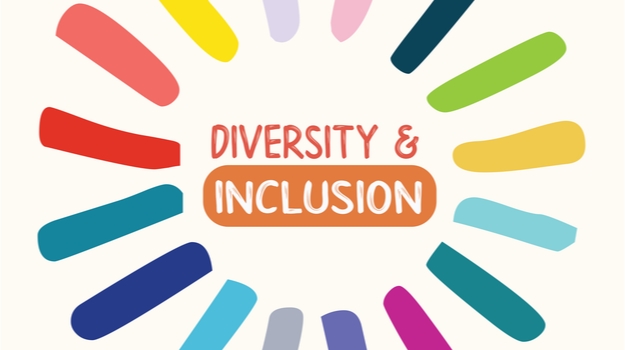Introduction
Diversity and inclusion (D&I) have transcended from buzzwords to core business strategies in recent years. Forward-thinking organizations recognize that fostering a diverse and inclusive workplace is not just a matter of ethics and social responsibility but also a smart business move. In this article, we will explore why diversity and inclusion matter in the business world, the benefits they bring, and how companies can actively promote them.
Why Diversity and Inclusion Matter
- Enhanced Innovation and Creativity: Diverse teams bring together individuals with unique perspectives, experiences, and problem-solving approaches. This diversity of thought fuels innovation and creativity, enabling companies to develop fresh ideas and solutions.
- Improved Decision-Making: A diverse group of decision-makers is more likely to consider a wider range of perspectives and potential outcomes, leading to better-informed and more balanced decisions.
- Attracting Top Talent: Companies that prioritize diversity and inclusion often become employers of choice. Talented individuals seek organizations where they feel valued and included, and a diverse workforce sends a strong signal of such values.
- Market Advantage: Diverse teams are better equipped to understand and serve a diverse customer base. This can lead to more effective marketing strategies and product development.
- Enhanced Reputation: Organizations that champion diversity and inclusion tend to enjoy a positive public image. Consumers and investors increasingly favor businesses with strong commitments to social responsibility.
The Business Benefits of Diversity and Inclusion
- Increased Profitability: Research consistently shows a positive correlation between diversity in leadership and financial performance. Companies with diverse executive boards are more likely to outperform their peers.
- Better Problem Solving: Diverse teams are better equipped to tackle complex problems. They bring together different skill sets and experiences, leading to more effective solutions.
- Higher Employee Engagement: Inclusive workplaces foster a sense of belonging and trust among employees. Engaged employees are more productive, have higher job satisfaction, and are less likely to leave the company.
- Innovation and Adaptation: Diverse teams are more adaptable in the face of change. They can quickly pivot and innovate to meet evolving market demands.
Promoting Diversity and Inclusion
- Leadership Commitment: D&I efforts must start at the top. Company leaders should set the tone by demonstrating a commitment to diversity and inclusion in their actions and decisions.
- Inclusive Policies and Practices: Implement policies that actively promote diversity and inclusion, such as diverse hiring practices, mentorship programs, and flexible work arrangements.
- Training and Education: Provide ongoing training and education on unconscious bias, cultural competence, and inclusion. This helps raise awareness and fosters a more inclusive culture.
- Transparency and Accountability: Regularly measure and report on D&I progress. Hold leaders and teams accountable for achieving diversity and inclusion goals.
- Employee Resource Groups: Support employee-led affinity groups and resource networks to create a sense of community and provide a platform for underrepresented voices.
Conclusion
Diversity and inclusion are not just ethical imperatives but also smart business strategies. Companies that embrace D&I benefit from enhanced innovation, improved decision-making, and a competitive edge in attracting top talent. As society becomes more diverse and interconnected, businesses that prioritize diversity and inclusion are not just more likely to thrive but are also better positioned to positively impact their communities and the world at large. Embracing diversity and inclusion is not just a trend; it is a critical component of a successful and sustainable business future.




